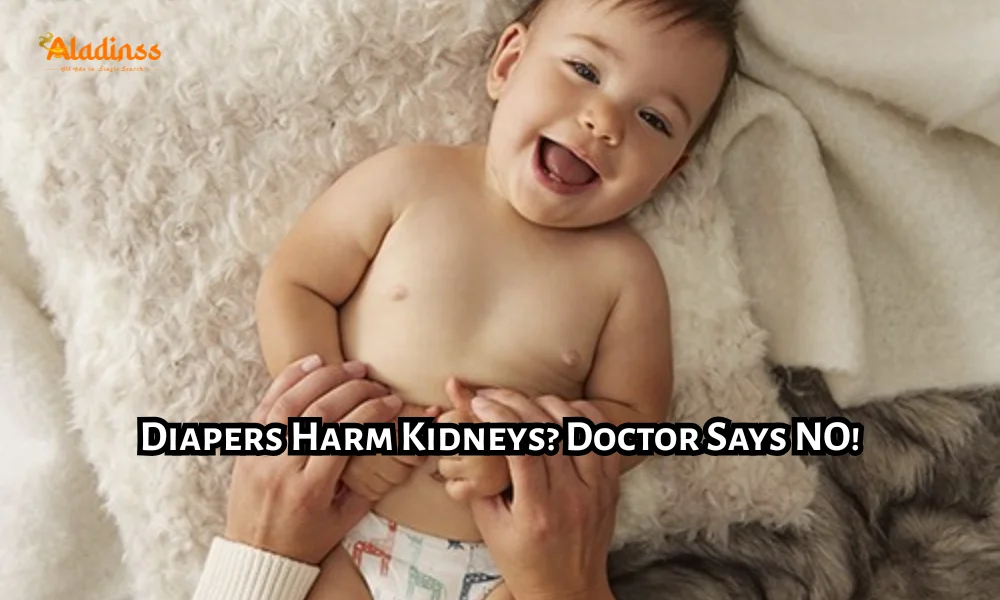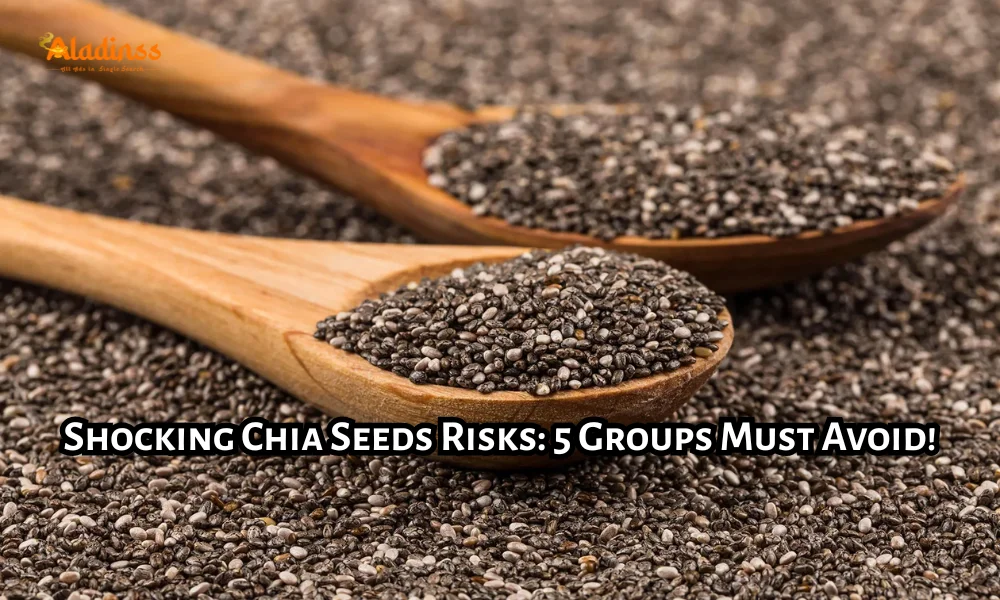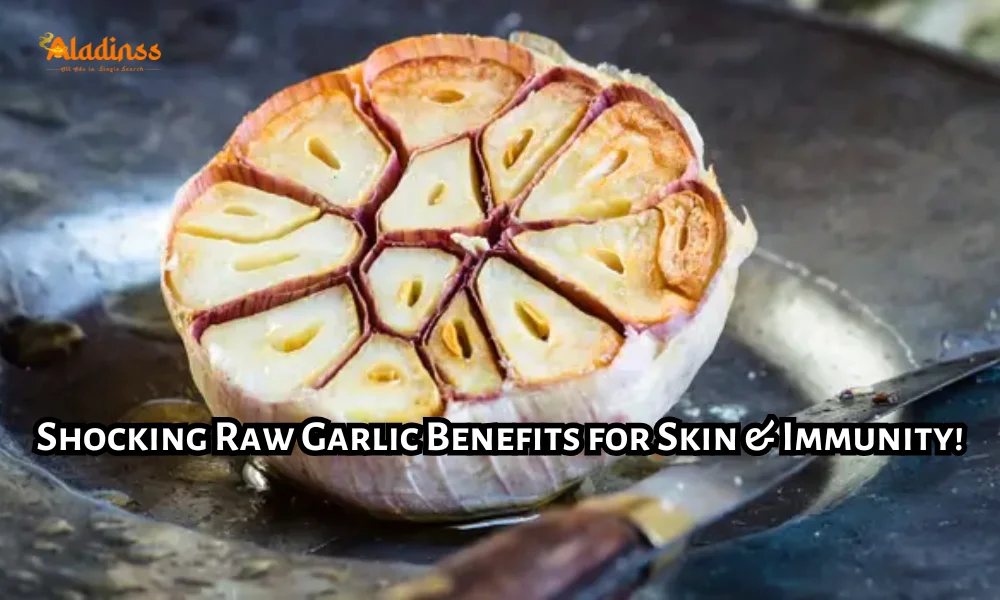How Happiness Protects Your Heart from Disease Risks

Shocking Truth: Happiness Directly Shields Your Heart from Disease
Medical experts now confirm what ancient wisdom suspected: a joyful mind builds a stronger heart. Emotional wellness and cardiovascular health share a powerful bond that affects blood pressure, inflammation levels, and overall cardiac rhythm. Persistent anxiety or sadness floods the system with stress chemicals that damage arteries over time. In contrast, feelings of gratitude, peace, and optimism release protective compounds that relax vessels and improve circulation.
Leading cardiologists reveal how daily mood swings influence long-term heart risks. Chronic emotional distress accelerates plaque buildup and irregular beats, while consistent positivity promotes healing and resilience. Science proves that cultivating happiness is a proven strategy to prevent heart attacks and strokes. Simple mindset shifts deliver measurable cardiovascular gains comparable to diet or exercise.

How Negative Emotions Damage Cardiac Function
Prolonged exposure to stress triggers the release of cortisol and adrenaline, hormones that constrict blood vessels and raise heart rate. Dr. Sanjeeva Kumar Gupta, a senior cardiologist at CK Birla Hospital in Delhi, explains that this constant strain weakens arterial walls and promotes inflammatory markers linked to atherosclerosis. Over months or years, the cumulative effect significantly elevates risks for hypertension and coronary blockages.
Anger outbursts cause sudden blood pressure spikes that can rupture fragile plaques, leading to immediate cardiac events. Depression, meanwhile, suppresses immune responses and encourages platelet aggregation, making blood more prone to clotting. Studies tracking thousands of patients show that individuals with untreated anxiety face a 40% higher chance of developing arrhythmias compared to emotionally balanced peers.
Brain imaging reveals that negative thought patterns activate the amygdala excessively, sending distress signals to the cardiovascular control center. This feedback loop perpetuates elevated resting heart rates and reduced variability both predictors of future heart failure. Breaking the cycle requires conscious intervention through therapy, mindfulness, or social support systems.
Positive Emotions Trigger Healing Mechanisms
Moments of genuine happiness stimulate the vagus nerve, promoting parasympathetic dominance that slows heart rate and dilates arteries. Dr. Amit Chaurasia, Chief of Cath Lab at Artemis Hospitals, highlights how gratitude practices increase nitric oxide production, a natural vasodilator that enhances blood flow and reduces clotting risks. Regular positive experiences thus create a biochemical environment conducive to cardiac repair.
Research published in the American Journal of Cardiology demonstrates that optimistic individuals exhibit 25% lower coronary calcium scores than pessimists, even after adjusting for traditional risk factors. Laughter therapy sessions have been shown to improve endothelial function within weeks, proving that joy delivers tangible vascular benefits. Heart patients who maintain hopeful outlooks recover faster post-surgery and require fewer medications.
Social laughter synchronizes heart rhythms among participants, fostering coherence that stabilizes electrical activity. Pet ownership studies reveal similar effects daily interactions with animals lower baseline cortisol by 30% and boost oxytocin, the bonding hormone with cardioprotective properties. These findings underscore that emotional wellness is not supplementary but foundational to cardiovascular care.
The Inflammation Connection Explained
Chronic psychological stress elevates C-reactive protein and interleukin-6, inflammatory cytokines that erode arterial linings. This silent damage accumulates until routine activities trigger plaque rupture. Conversely, mindfulness meditation reduces these markers by up to 20% in just eight weeks, according to randomized trials at major medical centers.
Hostility and cynicism correlate with higher fibrinogen levels, thickening blood and straining cardiac output. Forgiveness interventions, however, decrease these factors dramatically. One landmark study followed heart attack survivors: those who attended forgiveness workshops experienced 50% fewer recurrent events over five years compared to controls.
Gut microbiome composition also responds to mood states. Positive emotions encourage beneficial bacteria that produce anti-inflammatory short-chain fatty acids, while stress favors pathogenic strains that exacerbate systemic inflammation. Probiotic supplementation combined with gratitude journaling yields synergistic heart-protective outcomes in preliminary research.
Behavioral Pathways Linking Mood and Lifestyle
Emotionally balanced individuals naturally gravitate toward healthier choices. They prepare nutritious meals, adhere to exercise routines, and prioritize sleep behaviors that compound cardiovascular advantages. Depressed patients, however, often skip medications, avoid physical activity, and rely on comfort foods high in trans fats.
Workplace studies show that supportive environments reduce absenteeism and improve lipid profiles among employees. Team-building activities that foster belonging decrease LDL cholesterol by measurable margins. Remote workers who maintain virtual social connections report better blood pressure control than isolated counterparts.
Adolescents with strong family bonds exhibit lower lifetime risks for metabolic syndrome. Parental modeling of emotional regulation teaches children stress-coping skills that prevent early vascular aging. School-based happiness curricula demonstrate lasting reductions in adolescent hypertension rates across diverse populations.
Practical Strategies to Cultivate Heart-Healthy Emotions
Start each day with three gratitude statements to prime the brain for positivity. Practice diaphragmatic breathing during commutes four seconds inhale, six seconds exhale to activate relaxation responses. Schedule weekly nature walks; forest bathing lowers systolic pressure by an average of 7 mmHg according to Japanese research.
- Mindfulness meditation: 10 minutes daily reduces cortisol by 25%
- Social connection: Weekly calls with friends decrease loneliness-related risks
- Acts of kindness: Volunteering boosts oxytocin and endothelial health
- Quality sleep: 7-9 hours nightly restores heart rate variability
- Creative hobbies: Painting or music engagement lowers inflammatory markers
Digital detox evenings prevent blue-light disruption of melatonin, preserving circadian rhythms essential for cardiac recovery. Replace doom-scrolling with uplifting podcasts or comedy shows laughter increases cardiac output temporarily while building long-term resilience. Journaling positive experiences before bed enhances sleep quality and morning mood stability.
Clinical Evidence from Large-Scale Studies
The INTERHEART study involving 52 countries identified psychosocial stress as a risk factor comparable to smoking or diabetes. Participants with high life satisfaction showed 22% lower incidence of myocardial infarction. The Nurses’ Health Study tracked 70,000 women for decades: those reporting optimism had 30% fewer fatal cardiac events.
Cardiac rehabilitation programs incorporating cognitive behavioral therapy achieve 40% better outcomes than exercise-only protocols. Patients learning emotional regulation skills maintain weight loss and medication adherence longer. Telomere length, a biomarker of cellular aging, preserves better in joyful individuals, delaying cardiovascular decline.
Wearable technology now quantifies heart rate variability as a real-time mood indicator. Apps guiding users through coherence breathing demonstrate immediate improvements in vagal tone. Corporate wellness initiatives adopting these tools report 15% reductions in employee cardiovascular claims within a year.
Special Considerations for High-Risk Groups
Post-heart attack patients benefit immensely from structured positivity training. Support groups focusing on shared triumphs rather than complaints foster faster recovery. Diabetic individuals managing blood sugar fluctuations find mood stability prevents dangerous glycemic swings that stress the heart.
Elderly adults combating isolation through community choirs or dance classes reduce fall risks and hospitalization rates. Pregnant women practicing prenatal yoga experience fewer hypertensive complications. Even children with congenital heart defects show improved surgical outcomes when parental anxiety is professionally addressed.
Workplace mental health days prevent burnout-related cardiac strain among high-pressure professionals. Remote monitoring programs combining mood tracking with tele-counseling catch early warning signs before physical symptoms manifest. Integrated care models treating mind and heart simultaneously are becoming standard in progressive cardiology practices.
Future Directions in Cardio-Emotional Research
Artificial intelligence now analyzes vocal patterns to detect depression before cardiac biomarkers rise. Virtual reality exposure therapy helps PTSD patients regulate fight-or-flight responses that damage hearts. Gene expression studies reveal how happiness activates DNA repair pathways in cardiovascular cells.
Pharmaceutical companies explore oxytocin nasal sprays as adjuncts to traditional heart medications. Microbiome transplants from resilient individuals show promise in transferring stress-hardy gut bacteria. Wearable biosensors providing real-time emotional coaching could revolutionize preventive cardiology within the decade.
Public health policies increasingly recognize happiness metrics alongside cholesterol levels in population risk assessments. Urban planning incorporates green spaces proven to lower community cardiac mortality. School curricula teaching emotional intelligence from early grades aim to prevent generational heart disease cycles.
Bottom line: Your emotional state is a powerful cardiac medication free, accessible, and side-effect-free when practiced consistently. Prioritize joy not as a luxury but as essential preventive cardiology. The heart you save through happiness will be your own.
Comment / Reply From
No comments yet. Be the first to comment!






